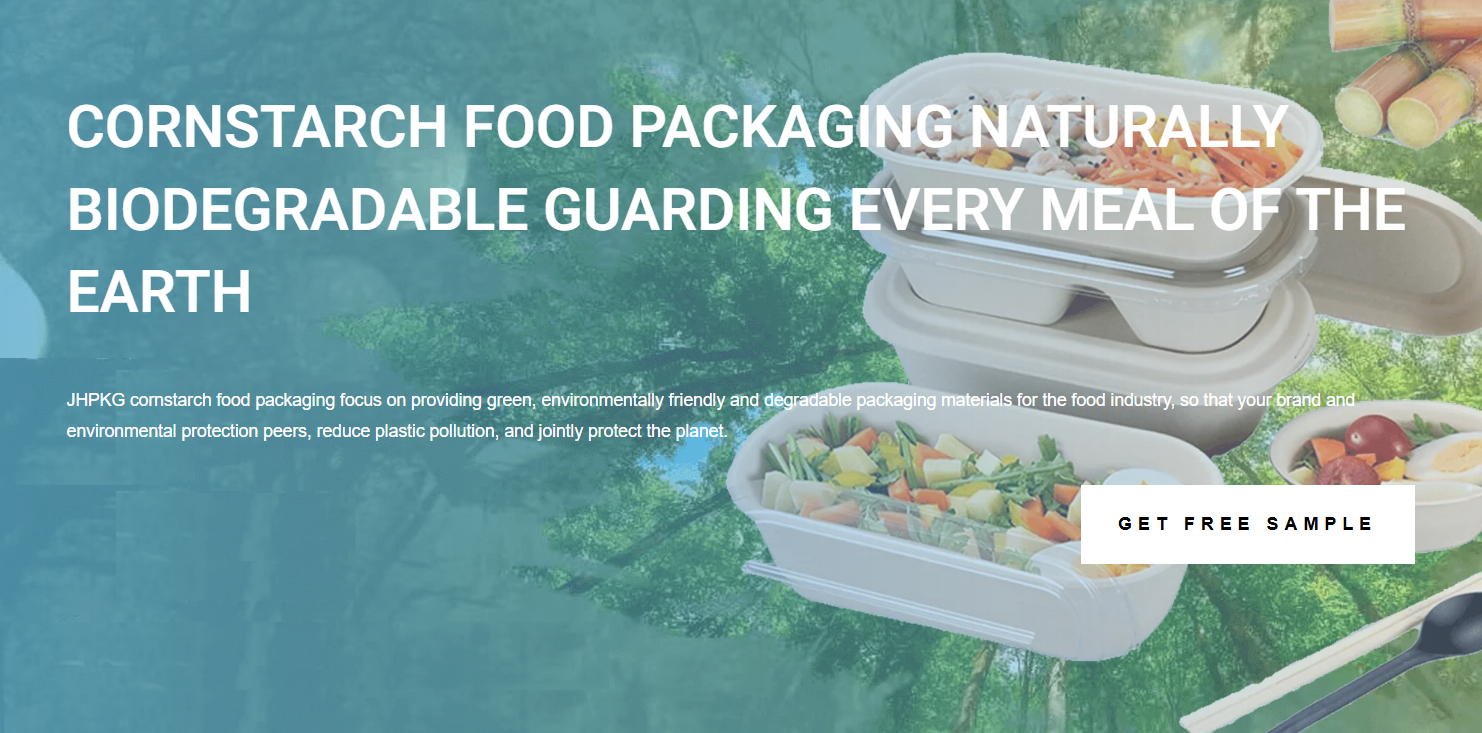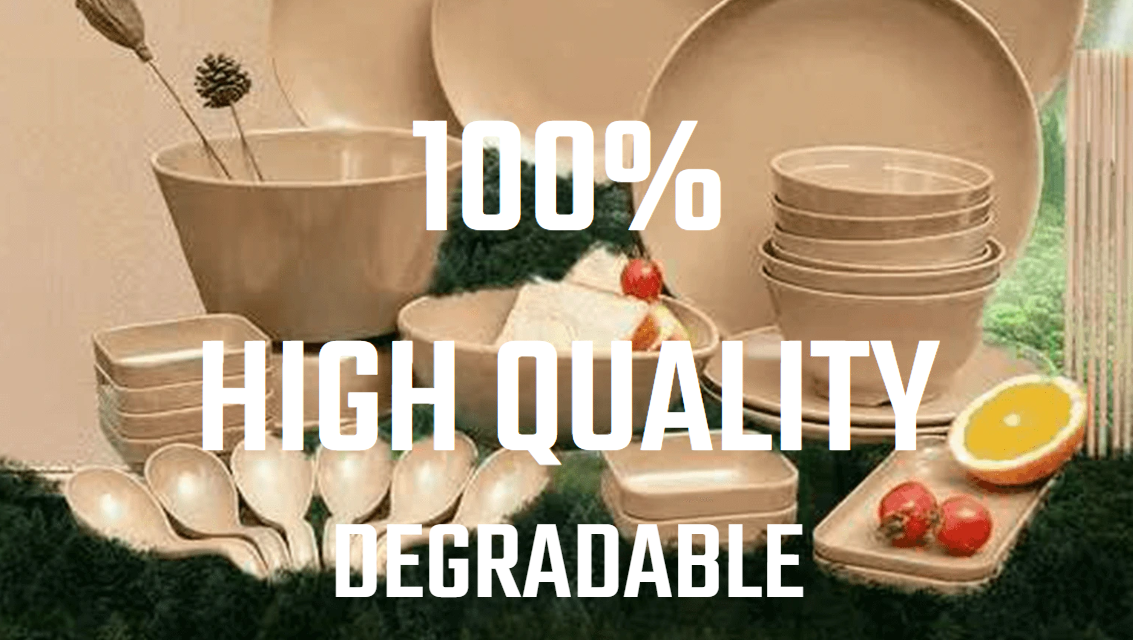Introduction
The global market for eco-friendly food packaging is growing quickly, driven by our increasing need for sustainable solutions. In 2020, it was valued at USD 174.7 billion. By 2025, it’s expected to reach USD 249.5 billion, growing at a rate of 7.4%. Even more exciting, predictions suggest the market could reach USD 505.41 billion by 2034, with a growth rate of 7.63% from 2024 to 2034. It’s clear we’re on the verge of something big, and the momentum is building.
Key Growth Drivers
Plastic waste is a serious environmental problem that affects how we package products. At a packaging conference last year, I saw how new regulations are pushing businesses to use greener materials. In Europe, laws now require companies to cut plastic packaging waste, forcing them to rethink their strategies.
Consumers are also changing their habits. About 70% of the shoppers I spoke with prefer recyclable or biodegradable packaging. Sustainability is no longer just a trend—it’s essential. More brands are switching to eco-friendly alternatives to meet growing demand.
Top 10 Eco-Friendly Food Packaging Manufacturers
1. JHPKG
I’ve been in the business since 2010, and over the years, we’ve refined our approach to offer high-quality packaging solutions. We work across various industries like healthcare, food, beverages, cosmetics, and electronics. With all the experience we’ve gained, we’ve developed strong technical skills and production capabilities, especially for disposable tableware such as blister packs, injection molding, and other molding techniques. Our aim is to ensure that every product we make meets the highest standards, so our customers can rely on us, every time.
2. Amcor
Amcor, established in 1896 and headquartered in Victoria, Australia, provides sustainable packaging for food, beverages, and pharmaceuticals. In 2022, the company earned $14.5 billion in sales, showing its strong market position. Amcor is working to make all of its packaging recyclable or reusable by 2025.
3. Mondi Group
Mondi Group, founded in 1967 and based in Weybridge, UK, specializes in sustainable paper and packaging. Their eco-friendly efforts increased sustainable packaging sales by 19% in 2022. Mondi offers recyclable flexible packaging and paper-based alternatives to plastic.
4. Tetra Pak International SA
Founded in 1951 and based in Pully, Switzerland, Tetra Pak focuses on food packaging and processing. Since 2010, they have made over 190 billion packages from renewable materials. Their carton packaging helps reduce carbon emissions and supports the circular economy.
5. Elevate Packaging
Elevate Packaging, founded in 2000 and based in Illinois, USA, provides fully biodegradable and compostable packaging. They offer compostable pouches, bags, and labels made from plant-based materials, serving brands focused on zero-waste packaging.
6. Imex Packaging
Imex Packaging, founded in 1974 and based in North Carolina, USA, is known for eco-friendly transparent bags and flexible packaging. They focus on providing reusable and recyclable packaging for foodservice and retail industries.
7. DS Smith
DS Smith, founded in 1940 and based in London, UK, offers integrated recycling and sustainable packaging services. Their recycling operations process more than 6 million tonnes of material every year. They specialize in 100% recyclable corrugated packaging solutions.
8. DuPont
DuPont, founded in 2017 as a spin-off and headquartered in Delaware, USA, develops science-driven sustainable packaging. Their high-performance barrier materials improve recyclability and help reduce food waste.
9. Ball Corporation
Founded in 1880 and based in Colorado, USA, Ball Corporation leads in sustainable aluminum packaging. In 2022, they produced 112.5 billion recyclable aluminum beverage cans, highlighting the importance of circular packaging solutions.
10. Novamont
Novamont, founded in 1989 and based in Novara, Italy, specializes in biodegradable and compostable bioplastics. Their MATER-BI bioplastic can cut greenhouse gas emissions by up to 75% compared to traditional plastics, making them a key player in sustainable packaging.
JHPKG
Here’s the rewritten text with improved readability while following the provided guidelines:
At JHPKG, innovation and sustainability go hand in hand. As a supplier that cares about food packaging and the environment, we pride ourselves on creating eco-friendly solutions. As concerns about the planet grow, we offer packaging that protects both your food and the planet.
Our packaging isn’t just functional—it makes a difference. We use recyclable, biodegradable, and compostable materials that break down naturally without harming the environment. Whether you run a restaurant, food delivery service, or supermarket, our solutions help lower your carbon footprint without sacrificing quality or convenience. We rely on sustainable resources to ensure our products are safe for both the planet and your customers.
Food packaging suppliers needs to keep meals fresh and safe, but plastic waste is a huge problem. That’s why JHPKG focuses on better, sustainable alternatives. We use materials like cornstarch and plant-based polymers that decompose easily, reducing waste in landfills and oceans.
Our commitment to sustainability goes beyond packaging. We continuously improve our production processes to cut waste and use energy more efficiently. Our goal is to do more with less while keeping every step as eco-friendly as possible.
Choosing JHPKG means working with a company that values both the environment and product quality. Together, we can build a more sustainable future—one meal, one package at a time.
Innovative Materials and Technologies
Eco-friendly food packaging suppliers is advancing quickly, thanks to new materials and technologies that reduce waste and promote sustainability. Here are some exciting developments:
Bioplastics
Bioplastics are made from renewable resources like cornstarch, sugarcane, or algae. A good example is NatureWorks‘s PLA (polylactic acid), a compostable bioplastic with a 75% smaller carbon footprint compared to traditional plastics. This shift to bioplastics reduces our dependence on fossil fuels and helps create a more sustainable packaging industry.
Mycelium Packaging
Mycelium packaging, made from mushroom roots, is fully biodegradable and provides an excellent alternative to plastic. Ecovative Design produces MycoComposite, a mycelium-based material that breaks down in 45-180 days. It uses just 12% of the energy needed to make plastic foam, making it an energy-efficient and eco-friendly food packaging option.
Seaweed-Based Materials
Packaging made from seaweed is another breakthrough. Notpla makes edible, biodegradable packaging that dissolves in 4-6 weeks. Their Ooho product has even been used to package drinks at marathons, significantly reducing plastic waste. This technology brings us closer to sustainable, water-soluble alternatives.
Nano-Cellulose Films
Nano-cellulose films, made from wood pulp, are stronger and more biodegradable than regular plastic. Woodly, a Finnish company, has developed a carbon-neutral plastic alternative using nano-cellulose. These films are a creative solution for creating sturdy and environmentally friendly packaging, cutting down on the need for petroleum-based plastics.
Smart Packaging
Smart packaging includes sensors that track food freshness. For example, Mimica Touch labels change texture when food begins to spoil. This innovation can cut food waste by up to 63%, helping consumers track freshness and use food more efficiently. By improving food preservation, smart packaging also reduces the need for excess packaging materials.
Plant-Based Coatings
Another exciting development is plant-based coatings. Apeel Sciences has created edible coatings made from plants that can extend the shelf life of produce by up to three times. This reduces the need for packaging and helps prevent food waste by keeping products fresher for longer.
Recyclable Mono-Materials
Recyclable mono-materials, which are made from just one type of plastic, aim to improve recycling. For instance, Nestlé’s switch with Smarties to recyclable paper packaging has eliminated 250 million plastic packs annually, making a significant step toward cutting plastic waste.
These materials and technologies mark a huge leap forward in creating sustainable, eco-friendly food packaging solutions, tackling the rising environmental concerns about waste and resource consumption.
Challenges and Opportunities
The move towards eco-friendly food packaging brings both challenges and opportunities for manufacturers.
Key Challenges
-
Cost and Infrastructure Barriers
Switching to sustainable packaging often comes with high costs, especially when adapting production lines and redesigning packaging. Additionally, the lack of widespread recycling systems and clear sustainability guidelines adds to the difficulty. -
Balancing Sustainability with Functionality
Eco-friendly packaging needs to serve essential purposes like protecting food, extending shelf life, and meeting consumer expectations for convenience and quality. Finding materials that are both durable and compostable is a major challenge. -
Regulatory Compliance
Regulations on food contact materials, labeling, and sustainability claims change frequently across regions, making them tough to follow. Companies must stay up-to-date with these regulations and remain compliant. -
Consumer Education
Many consumers are unsure of how to properly dispose of eco-friendly packaging. Companies must educate customers on recycling and composting to ensure proper disposal. -
Supply Chain and Scalability Issues
Sustainable materials are still limited in availability. As demand grows, companies must adjust their supply chains and ensure they can scale eco-friendly materials to meet production needs.
Key Opportunities
-
Growing Consumer Demand
Research shows that 73% of global consumers are willing to pay more for environmentally responsible products. This growing preference for sustainable options is a big opportunity for companies. -
Cost Savings through Efficiency
Companies can save costs over time by using materials more efficiently and cutting down on waste. This reduces production and transportation expenses. -
Enhanced Brand Reputation and Loyalty
Companies that align with consumer values on sustainability can boost their brand reputation and build customer loyalty. Investing in eco-friendly packaging gives companies an edge in a more eco-conscious market. -
Innovation and New Technologies
New technologies like smart packaging, edible films, and water-soluble options are emerging. These innovations offer exciting ways to further sustainability goals while improving packaging performance. -
Market Growth
The sustainable packaging market in the food industry is projected to grow by 3.8% over the next decade. This growth reflects increasing consumer demand and the wider adoption of sustainable practices by food companies.
By addressing these challenges and seizing available opportunities, companies can reduce their environmental impact and tap into the growing market for eco-friendly solutions.



